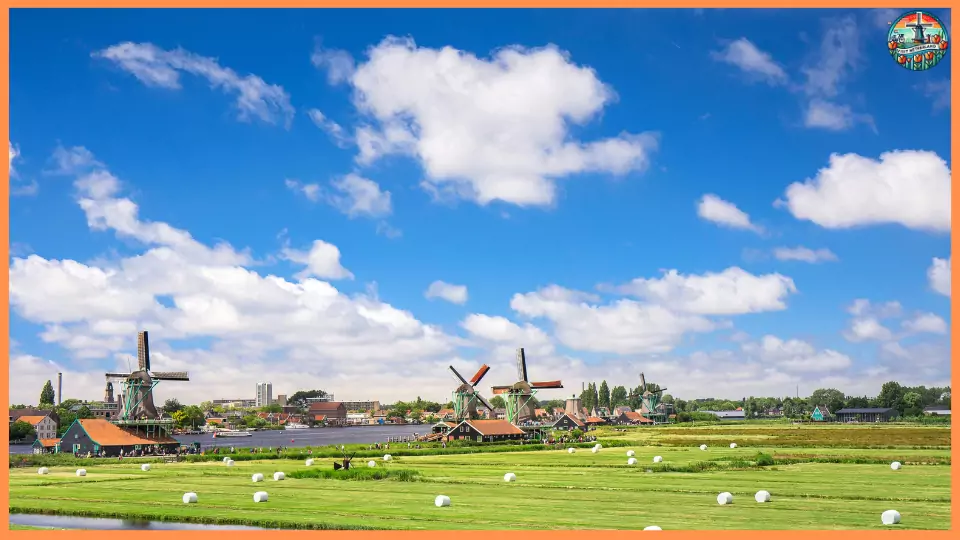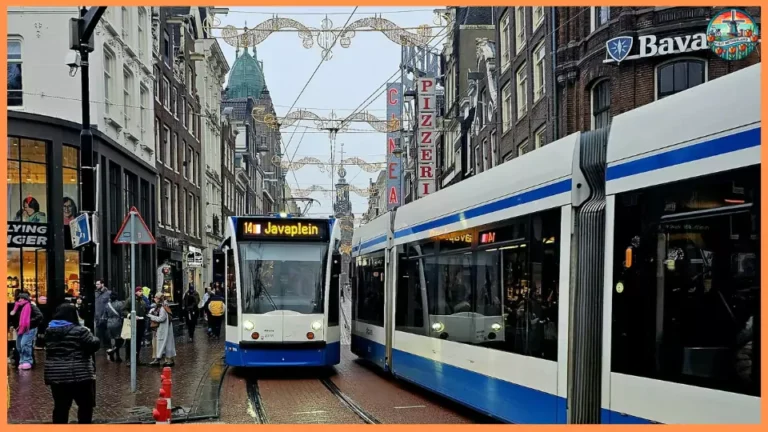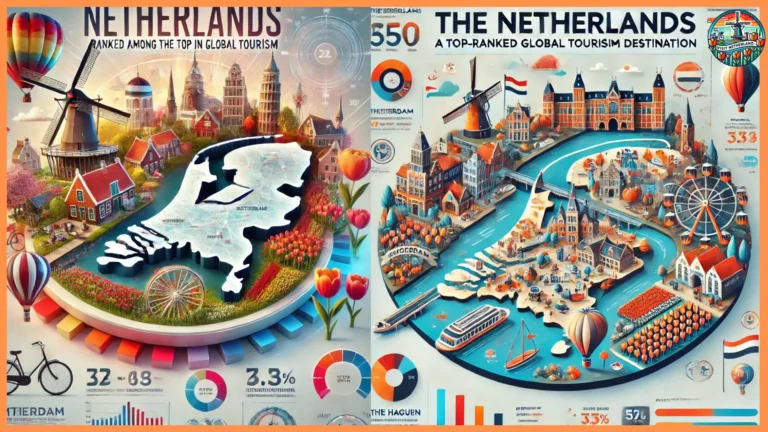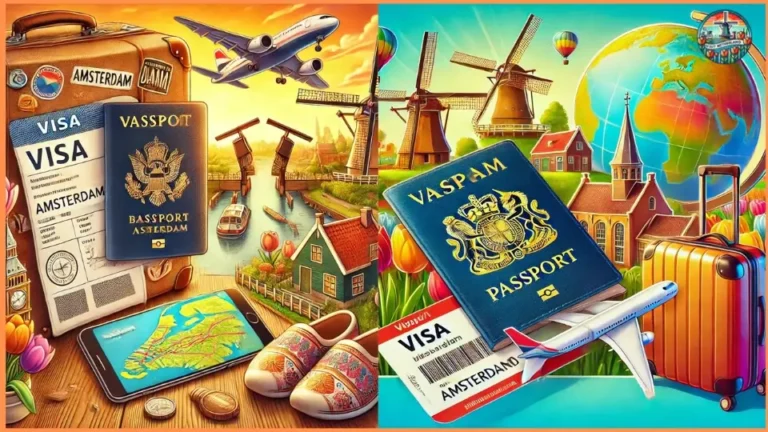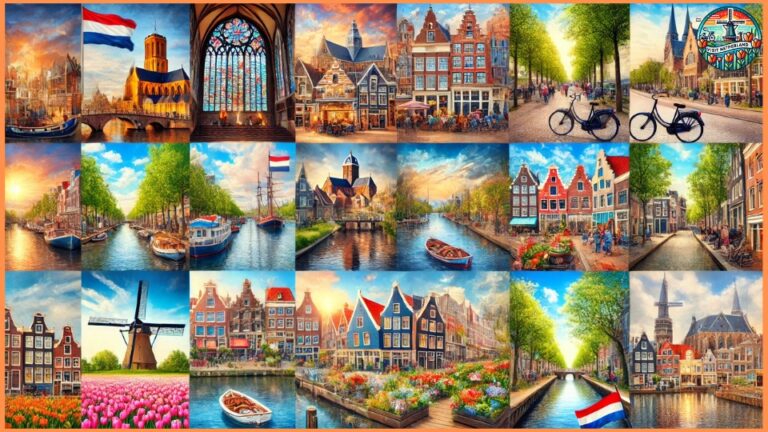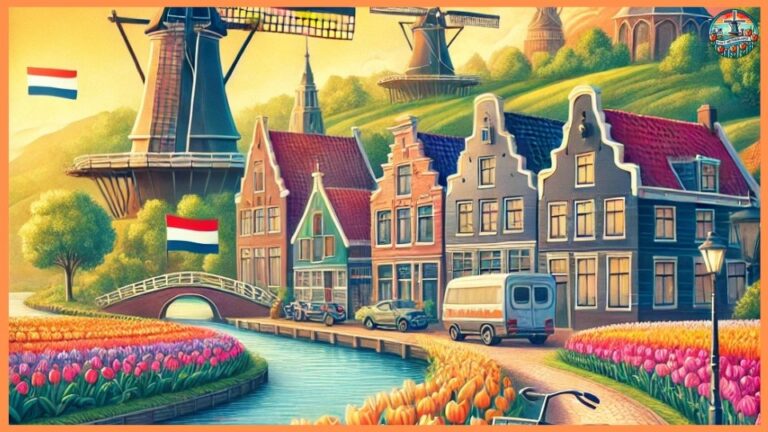Is Netherlands a safe place to live
The Netherlands, a small yet vibrant country in Western Europe, is famed for its quality of life. Its picturesque cities, progressive values, and excellent public services make it a desirable place to live. However, whether you’re a resident or an expat considering a move, the question of safety often looms large.
Safety isn’t just about avoiding crime; it’s about feeling secure in your home, workplace, and public spaces. From crime rates to healthcare access and road safety, understanding the safety dynamics of the Netherlands can help you make an informed decision.
2. Crime Rates in the Netherlands
The Netherlands is considered relatively safe when it comes to crime compared to global standards. According to recent statistics, the country boasts one of the lowest violent crime rates in Europe. Theft, burglary, and pickpocketing are the most commonly reported crimes, particularly in tourist-heavy areas like Amsterdam.
Key Statistics:
- Violent crime: Low and steadily decreasing.
- Property crimes: Moderate, with efforts to reduce incidents through community policing.
Compared to neighboring countries, the Netherlands ranks higher in safety indices, making it a peaceful choice for families, professionals, and retirees.
3. Personal Safety
Is it safe to walk alone at night in the Netherlands? For the most part, yes. Most Dutch cities, including smaller towns, are well-lit and patrolled. Public transportation is generally safe, with security personnel often present at major stations.
However, like anywhere else, precautions should be taken, particularly in crowded areas where petty theft can occur. Women, in particular, often report feeling safe in public spaces, thanks to the country’s progressive approach to gender equality and public safety.
4. Safety for Families
The Netherlands is a haven for families. The country frequently tops global rankings for child well-being, and its neighborhoods are designed with family life in mind. Schools are equipped with modern facilities, and playgrounds are plentiful.
Child safety is a priority, with strict regulations governing everything from school transport to recreational activities. This focus on young residents’ welfare makes the Netherlands an ideal place for raising children.
5. Healthcare and Emergency Services
The Dutch healthcare system is ranked among the best in Europe. Residents and expats alike benefit from mandatory health insurance, ensuring access to high-quality care.
Emergency services, including ambulances, fire departments, and police, have a swift response time. These services operate on a well-organized system that ensures residents’ safety during medical emergencies, fires, or public disturbances.
6. Infrastructure and Road Safety
One of the Netherlands’ strongest safety aspects is its exceptional infrastructure. The country boasts world-class public transport systems, including buses, trains, and trams, all of which operate efficiently and safely. Roads and cycling paths are meticulously maintained, reflecting the Dutch emphasis on sustainable and safe commuting.
Cycling Culture and Safety:
The Netherlands is synonymous with cycling, and this mode of transport is prioritized in urban planning. Dedicated bike lanes, traffic-calming measures, and clear road signage make cycling one of the safest and most convenient ways to travel. However, minor accidents can occur, especially in crowded areas, so wearing a helmet and following traffic rules is advised.
Traffic Accident Statistics:
Although traffic accidents are relatively rare, the government continuously invests in campaigns to promote safe driving and cycling. Speed limits, strict enforcement of traffic laws, and widespread use of roundabouts reduce the risk of severe accidents.
7. Natural Disaster Preparedness
Given that much of the Netherlands lies below sea level, the country has historically faced the risk of flooding. However, advanced engineering and proactive policies have mitigated this threat, making the Netherlands a global leader in water management.
Flood Defense Systems:
The Delta Works, an extensive network of dams, levees, and storm surge barriers, protects the country from floods. Additionally, cities have adopted “sponge city” designs to improve water absorption during heavy rains.
Other Natural Hazards:
The Netherlands experiences occasional storms and minor earthquakes, but these events are rarely life-threatening. Emergency preparedness campaigns ensure that residents are well-informed and ready to respond to any natural disaster.
8. Cultural and Social Safety
The Netherlands is celebrated for its inclusivity and tolerance, making it a welcoming environment for people from all walks of life. With a rich cultural diversity and progressive social policies, the country fosters a sense of belonging for expats and locals alike.
Inclusivity and Diversity:
From LGBTQ+ rights to freedom of expression, the Netherlands consistently ranks among the most socially progressive countries. This openness translates to a strong sense of safety and acceptance in public spaces.
Social Integration for Expats:
The Dutch government actively promotes integration through language courses and community-building initiatives. Expats often report feeling welcomed and safe, even in smaller towns.
9. Workplace Safety
Dutch labor laws prioritize employee well-being, ensuring safe and healthy working conditions. Strict regulations require employers to adhere to safety standards, conduct regular risk assessments, and provide necessary training.
Workplace Accident Rates:
Workplace accidents in the Netherlands are rare, thanks to a robust legal framework and a culture of safety. Workers have the right to report unsafe conditions without fear of retaliation, further ensuring a secure working environment.
10. Housing and Neighborhood Safety
Finding a safe neighborhood is a top priority for anyone planning to move to the Netherlands. Fortunately, the country offers plenty of secure housing options in urban and rural areas.
Safest Cities and Neighborhoods:
Cities like Utrecht, Eindhoven, and Haarlem consistently rank as some of the safest places to live. These areas offer low crime rates, good schools, and tight-knit communities.
Housing Conditions:
Dutch housing is built to high safety standards, with fire alarms and secure locks being mandatory. Many neighborhoods also have active community watch programs to deter criminal activity.
11. Online Safety
As a technologically advanced nation, the Netherlands prioritizes cybersecurity. The government has enacted strict data protection laws to safeguard residents’ online activities.
Cybersecurity Measures:
The Dutch Cybersecurity Center works tirelessly to prevent online fraud and hacking. Residents are encouraged to use strong passwords, enable two-factor authentication, and stay vigilant against phishing scams.
Data Protection Laws:
The Netherlands follows the GDPR (General Data Protection Regulation), ensuring that individuals’ personal information is handled responsibly and securely.
12. Safety During Events and Festivals
The Netherlands is known for its lively events, from King’s Day to Amsterdam Dance Event. These occasions draw large crowds but are meticulously organized to ensure public safety.
Crowd Management:
Local authorities deploy police and security personnel at major events to maintain order. Clear signage and well-planned exits minimize the risk of accidents in crowded areas.
Tourist Safety:
The Netherlands takes great care to ensure the safety of its millions of annual tourists. Multilingual support, accessible public transport, and an emphasis on hospitality create a welcoming atmosphere.
13. The Role of the Dutch Police
The Dutch police are known for their community-focused approach. They emphasize preventing crime through education and active engagement with residents.
Policing Strategies:
From neighborhood patrols to anti-terrorism units, the Dutch police cover all aspects of public safety. Their approachable nature fosters trust among the community.
Community Trust:
Surveys show high levels of public trust in the Dutch police, reflecting their effectiveness and fairness in maintaining safety.
14. Government Measures to Improve Safety
The Dutch government continuously invests in initiatives to enhance safety across all sectors. From urban planning to law enforcement, their proactive approach ensures a secure environment for residents.
Policies and Initiatives:
Examples include improved street lighting, surveillance systems in public areas, and stricter laws against violent crimes. These measures contribute to the overall sense of security.
International Collaborations:
The Netherlands works with organizations like INTERPOL and Europol to address cross-border threats, such as human trafficking and cybercrime.
15. Tips for Staying Safe in the Netherlands
While the Netherlands is a safe country, a few precautions can enhance your experience:
- Lock your bike securely to prevent theft.
- Avoid leaving valuables unattended in public spaces.
- Familiarize yourself with emergency contact numbers.
- Use official taxis or ride-hailing apps for safe travel at night.
- Stay aware of your surroundings during large events.
In a nutshell, the Netherlands stands among those countries that are quite safe to stay in. It is characterized by low crime rates, excellent healthcare, and strong social values contributing to high living standards. Be it a family upbringing, career pursuit, or just being in a quiet environment Netherlands is safe and ready to open its arms.
FAQs
1. Is the Netherlands safe for solo travelers?
Yes, solo travelers often report feeling secure, thanks to well-lit streets and efficient public transport.
Utrecht, Eindhoven, and Haarlem are among the safest cities, with low crime rates and family-friendly amenities.
3. Are there any natural disaster risks in the Netherlands?
While flooding is a concern, advanced infrastructure like the Delta Works significantly mitigates this risk.
4. How does the Netherlands compare to other European countries in terms of safety?
The Netherlands ranks high in safety indices, making it one of the most secure countries in Europe.
5. Is healthcare easily accessible in the Netherlands?
Yes, the Dutch healthcare system is excellent, with mandatory health insurance ensuring access for all residents.

